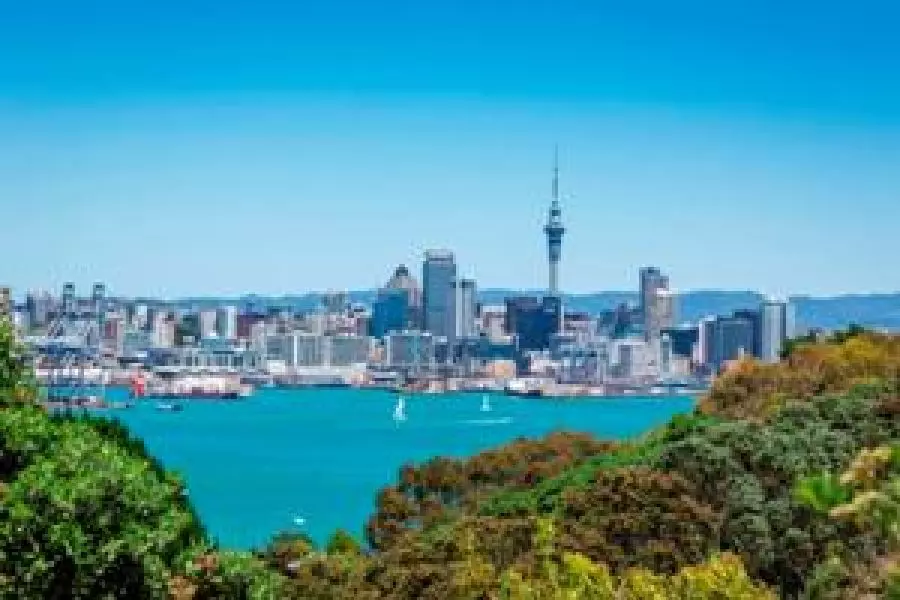News
No let-up in record migration

Monday 21st of September 2015
For the first time, over 60,000 people migrated to New Zealand in the August 2015 year, according to the latest Statistics New Zealand data.
Population statistics manager Joel Watkins said there was a record net gain of 60,300 migrants – thanks to both more arrivals and fewer departures.
At 117,900, migrant arrivals were up 13% on the August 2014 year. Migrant depart...
Want to read the full article?
Click the button below to subscribe and will have unlimited access to full article and all other articles on the site.






![[The Wrap] Bye Bye Bayly](https://goodreturns.publit.io/file/c_fill,w_900,h_600/39f23ac1-f7c7-4854-b700-a150004ebbac.webp)


